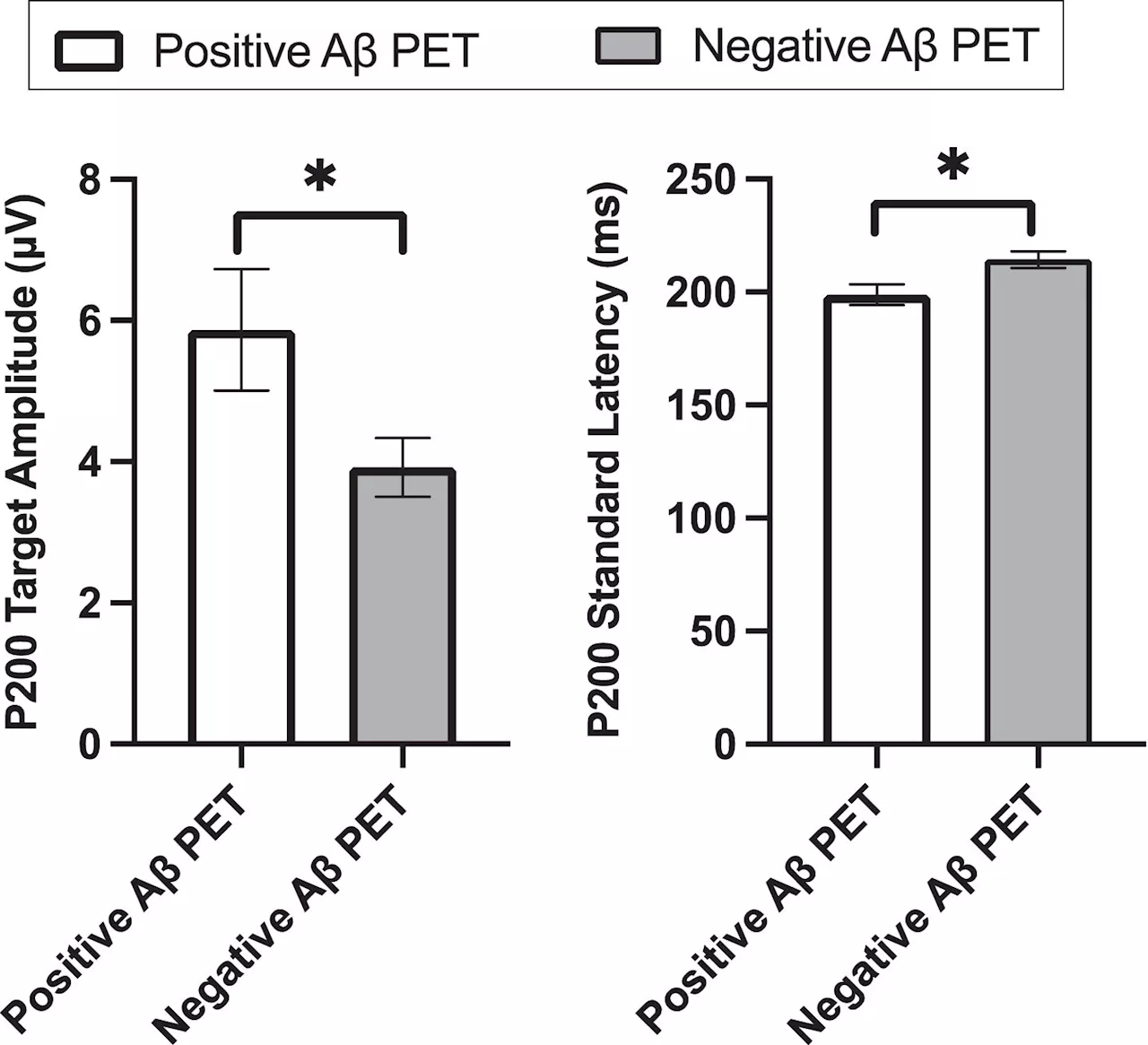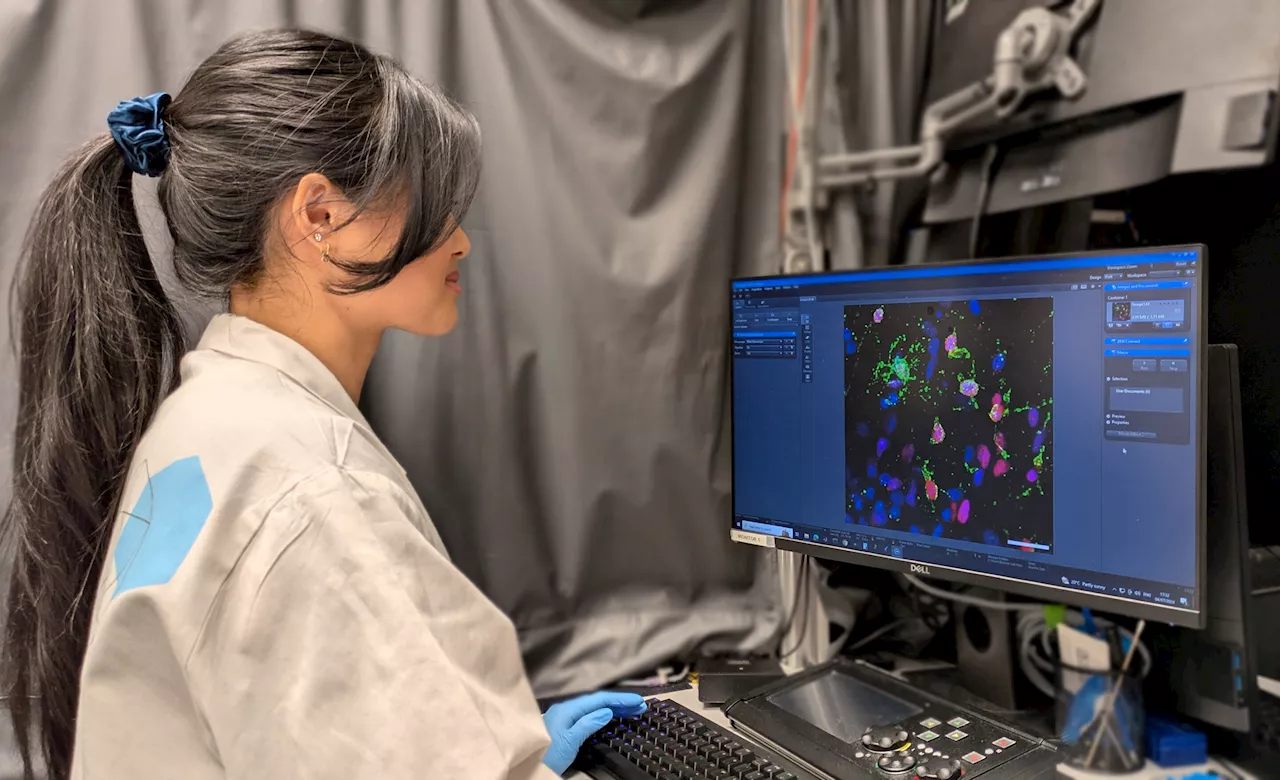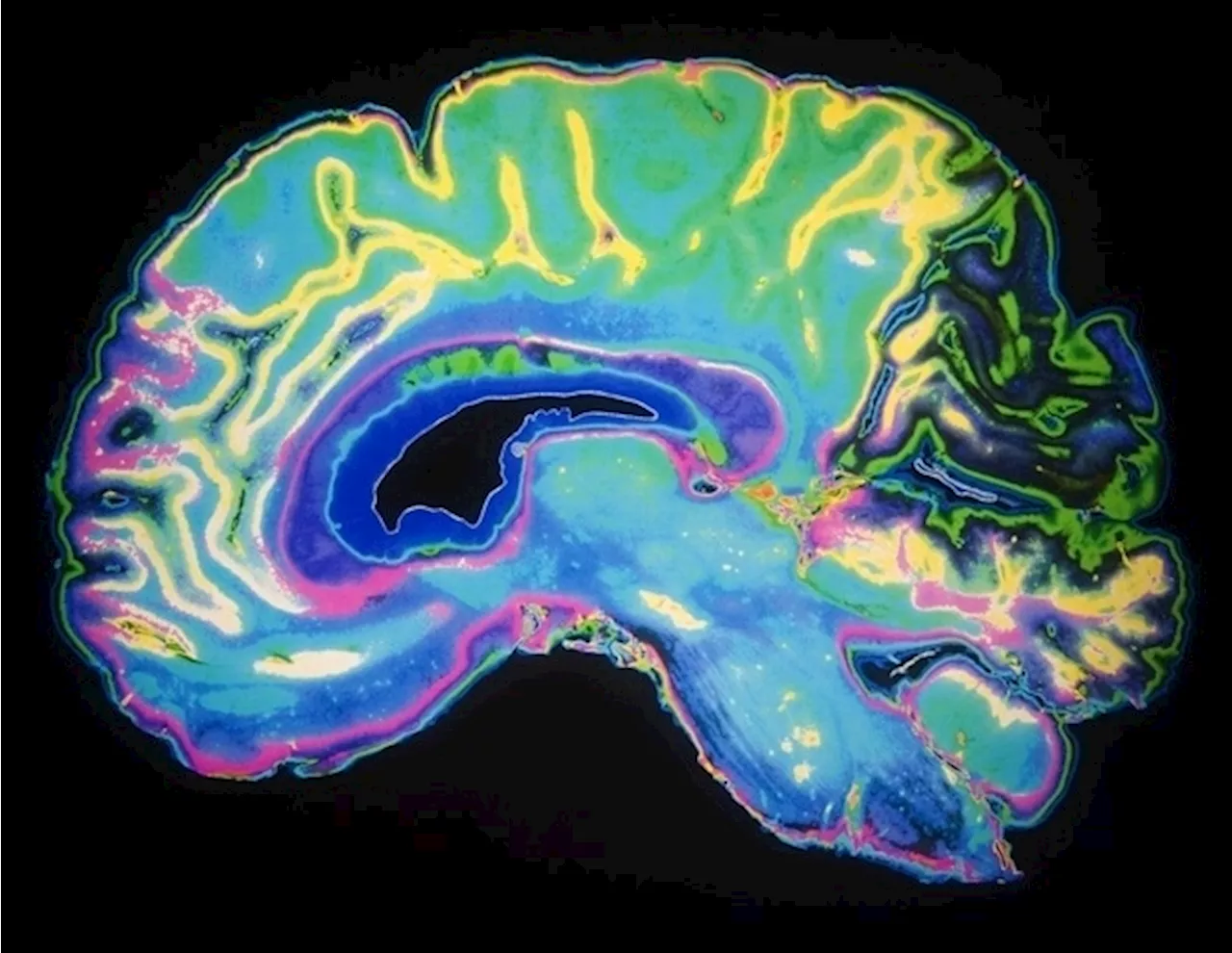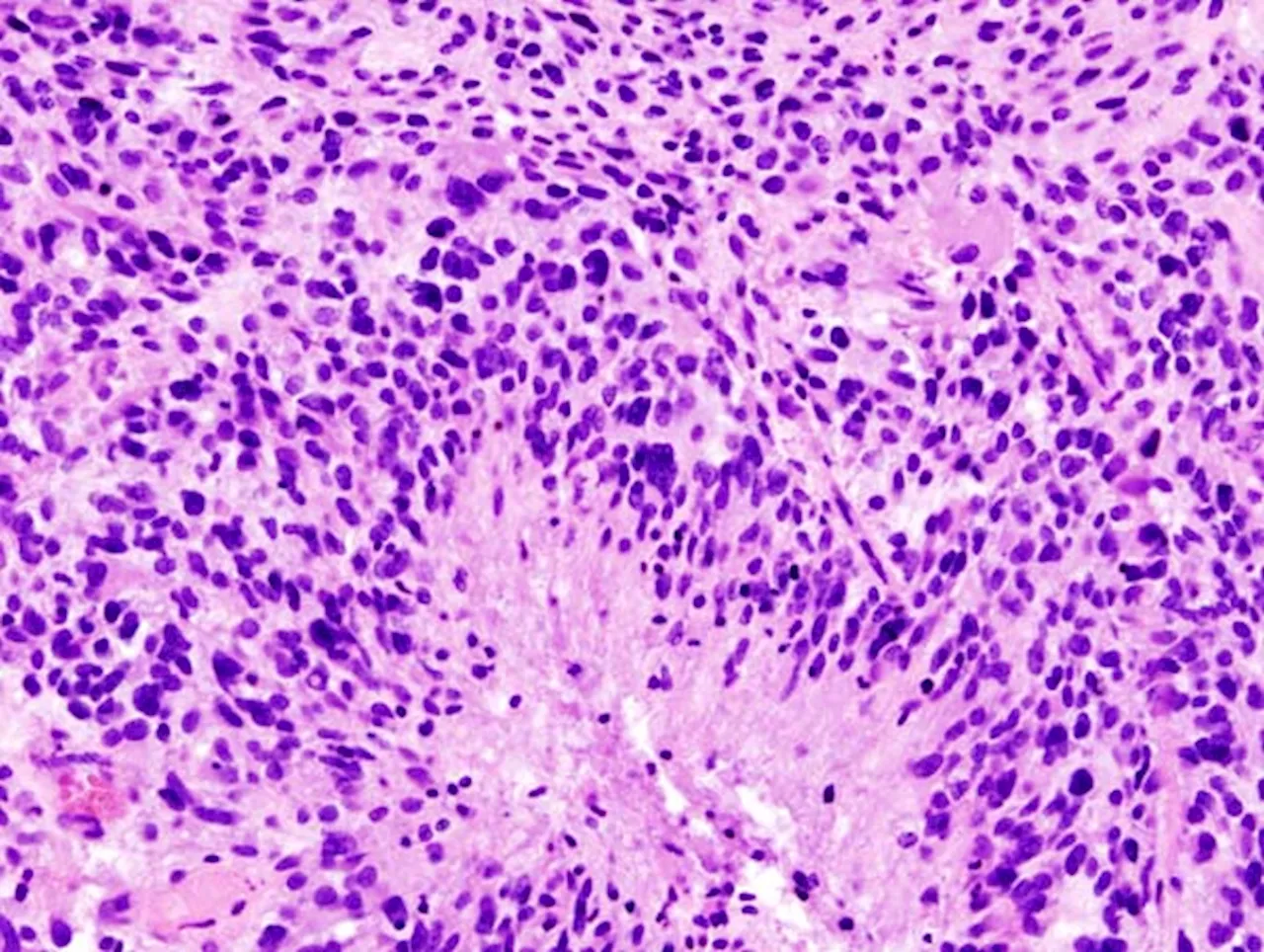Researchers highlighted the complexities of using amyloid immunotherapy for early Alzheimer's disease, discussing its clinical benefits, challenges, and broader health implications. Despite some positive results, concerns over adverse effects, trial biases, and cost hinder widespread adoption.
By Dr. Chinta SidharthanReviewed by Susha Cheriyedath, M.Sc.Aug 7 2024 In a recent perspective piece published in the Alzheimer's Association's journal Alzheimer's & Dementia , researchers from the United Kingdom and the Netherlands examined the pros, cons, and challenges associated with the use of amyloid immunotherapy drugs for treating early Alzheimer's disease from the clinical lens and the perspectives of health systems and population health.
The two phase III trials for the amyloid immunotherapy drugs donanemab and lecanemab have reported that compared to the placebo, the drugs have been successful in lowering the rate of functional and cognitive decline. However, the observed effect sizes are well below the minimum threshold for clinical importance.
Individuals carrying the apolipoprotein E4 allele who were at higher risk of Alzheimer's disease also showed greater rates of adverse reactions and lower treatment response rates, indicating that genetic testing is necessary before amyloid immunotherapy is recommended as a treatment option. The exclusion of Alzheimer's disease patients with comorbidities and co-neuropathies meant that to maximize efficacy, these phase III trials focused on a highly homogeneous group, making the findings difficult to generalize to the broader population of Alzheimer's disease patients. The exclusion of patients with mixed dementia pathologies also impacted the applicability of the findings to the general patient population.
Perspectives from healthcare The researchers discussed the amyloid immunotherapy drugs that have currently been approved for clinical use and the reception of these drugs among the Alzheimer's disease patient population. The current FDA-approved drugs include aducanumab, lecanemab, and donanemab.
Immunotherapy Allele Antibodies Brain CLARITY Dementia Drugs Efficacy Food Genetic Health Systems Healthcare Imaging Placebo Protein
United Kingdom Latest News, United Kingdom Headlines
Similar News:You can also read news stories similar to this one that we have collected from other news sources.
 Study validates diagnostic tool for identifying amyloid beta plaques, the hallmark of Alzheimer's diseaseAmyloid PET scans provide in-vivo evidence of Alzheimer's disease (AD) pathology. However, due to their high cost and limited insurance coverage, they are not widely used in clinical settings outside of the VA Healthcare System.
Study validates diagnostic tool for identifying amyloid beta plaques, the hallmark of Alzheimer's diseaseAmyloid PET scans provide in-vivo evidence of Alzheimer's disease (AD) pathology. However, due to their high cost and limited insurance coverage, they are not widely used in clinical settings outside of the VA Healthcare System.
Read more »
 Alzheimer's disease: Study suggests targeting oligodendrocytes could help reduce amyloid beta productionOligodendrocytes are an important source of amyloid beta (Aβ) and play a key role in promoting neuronal dysfunction in Alzheimer's disease (AD), according to a study published July 23, 2024 in the open-access journal PLOS Biology by Rikesh Rajani and Marc Aurel Busche from the UK Dementia Research Institute at University College London, and...
Alzheimer's disease: Study suggests targeting oligodendrocytes could help reduce amyloid beta productionOligodendrocytes are an important source of amyloid beta (Aβ) and play a key role in promoting neuronal dysfunction in Alzheimer's disease (AD), according to a study published July 23, 2024 in the open-access journal PLOS Biology by Rikesh Rajani and Marc Aurel Busche from the UK Dementia Research Institute at University College London, and...
Read more »
 Oligodendrocytes identified as key source of amyloid beta in Alzheimer's diseaseOligodendrocytes are an important source of amyloid beta (Aβ) and play a key role in promoting neuronal dysfunction in Alzheimer's disease (AD), according to a study published July 23, 2024 in the open-access journal PLOS Biology by Rikesh Rajani and Marc Aurel Busche from the UK Dementia Research Institute at University College London, and...
Oligodendrocytes identified as key source of amyloid beta in Alzheimer's diseaseOligodendrocytes are an important source of amyloid beta (Aβ) and play a key role in promoting neuronal dysfunction in Alzheimer's disease (AD), according to a study published July 23, 2024 in the open-access journal PLOS Biology by Rikesh Rajani and Marc Aurel Busche from the UK Dementia Research Institute at University College London, and...
Read more »
 Oligodendrocytes identified as key amyloid β producers in Alzheimer's diseaseResearchers discovered that oligodendrocytes, not just neurons, produce amyloid β in Alzheimer's disease, and suppressing their activity improves disease pathology. This finding suggests new therapeutic targets for Alzheimer's treatment.
Oligodendrocytes identified as key amyloid β producers in Alzheimer's diseaseResearchers discovered that oligodendrocytes, not just neurons, produce amyloid β in Alzheimer's disease, and suppressing their activity improves disease pathology. This finding suggests new therapeutic targets for Alzheimer's treatment.
Read more »
 Researchers develop promising therapy treatment that can kill glioblastoma cells in newly-discovered brain pathwayA new pathway that is used by cancer cells to infiltrate the brain has been discovered by a team of Canadian and American research groups led by the Singh Lab at McMaster University. The research also reveals a new therapy that shows promise in blocking and killing these tumors.
Researchers develop promising therapy treatment that can kill glioblastoma cells in newly-discovered brain pathwayA new pathway that is used by cancer cells to infiltrate the brain has been discovered by a team of Canadian and American research groups led by the Singh Lab at McMaster University. The research also reveals a new therapy that shows promise in blocking and killing these tumors.
Read more »
 Experts identify sex and gender differences in cognitive resistance and resilience to Alzheimer's diseaseResearchers investigated sex-related and gender-specific resistance and resilience factors in Alzheimer's disease.
Experts identify sex and gender differences in cognitive resistance and resilience to Alzheimer's diseaseResearchers investigated sex-related and gender-specific resistance and resilience factors in Alzheimer's disease.
Read more »
